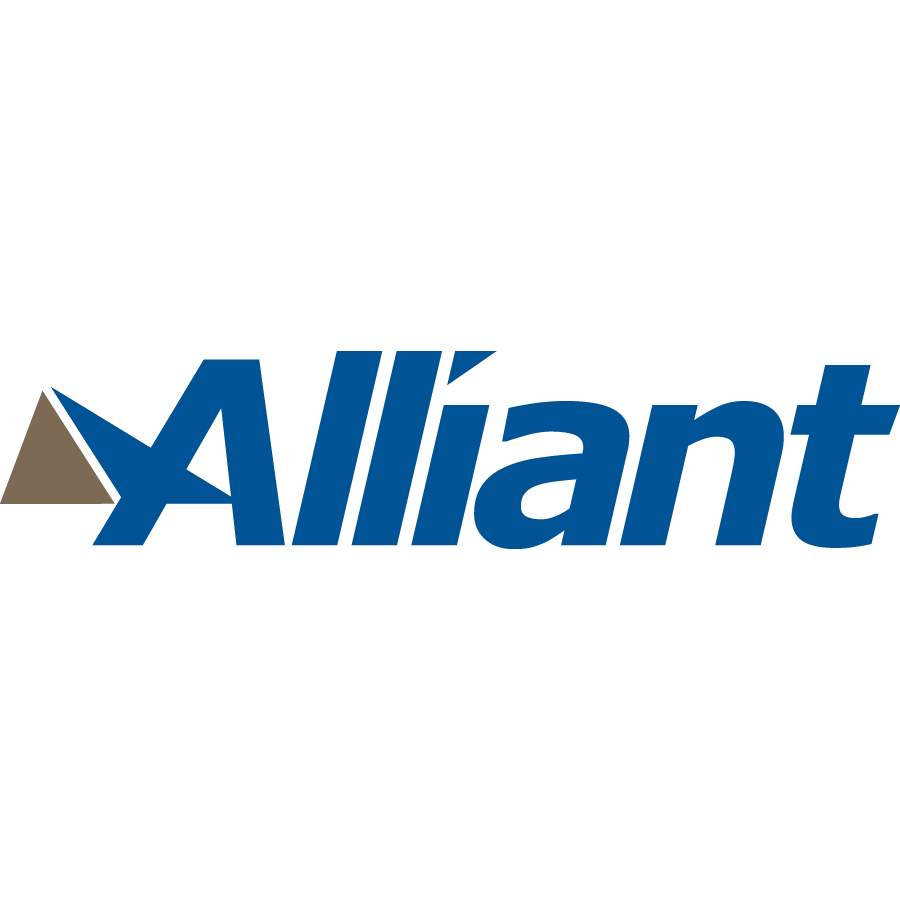In light of current events, SCAHRM has turned to an all-webinar format for our educational events. Recent speakers have brought attendees some innovative and insightful programs. We are providing the following recaps, as prepared by various SCAHRM board members so you can get a taste of what we have been providing. All webinars are recorded. If you did not previously register for a webinar, but you would like to hear it please contact [email protected] to register and receive the recording.
Recap Prepared by:
Kathryn Biasotti
SCAHRM Education Committee Member
Owner, KB Consulting
Using a joint program developed between Vail Health and Eagle Valley Behavioral Health a year and a half ago (pre-pandemic), the two partners updated their focus on behavioral health centered around COVID to support their staff and community. The County’s unemployment rate had gone from 11.3% to 25% by May of 2020, with an increase in suicides and crisis calls, signaling to the leaders a need to be proactive.
Approached in a preemptive method by using research-based out of Wuhan specific to healthcare workers, wherein 70% of participants endorsed significant levels of stress: depression, anxiety, insomnia, and distress. Reviewing the responses in the study assisted in anticipating those would be the needs of team members. The efforts focused on providing enhanced peer support and engagement, connectedness throughout the community, and promoting all messaging as something that helps vulnerable populations.
They worked with leaders across Vail Health to include behavioral health in their daily messages.
A pandemic graph with four waves was created to demonstrate the overall psychological impact on the workers and the community, whereby Vail Health and Eagle Valley Behavioral Health could provide support.
1st wave- immediate mortality
2nd wave- the impact of resource restriction on urgent
3rd wave- the effect of interrupted care on chronic conditions
4th wave- psychic trauma, mental illness, economic injury, burnout
One case example of healthcare worker distress was respiratory therapy feeling pressure, lacking in all the tools needed, and anxiety in not having clear treatment procedures. Lastly, the rapid decompensation level was not a common occurrence working in a rural community these respiratory therapists were used to dealing with.
An “ah-ha” moment for me:
A significant pressure point identified by healthcare workers was being an “expert” for friends/family and discrimination/stigma against healthcare workers- being praised and possibly the healthcare worker being contaminated.
This advice caught my attention “Worry with a purpose- rather than ignore.” So, they set about sewing masks.
Ultimately a commendable effort by Vail Health and Eagle Valley Behavioral Health in their partnership to proactively and holistically provide for their workers and community.























